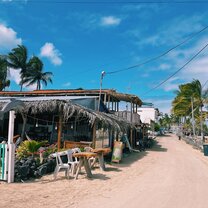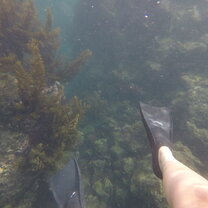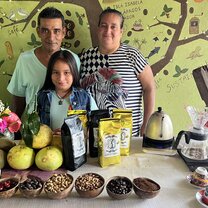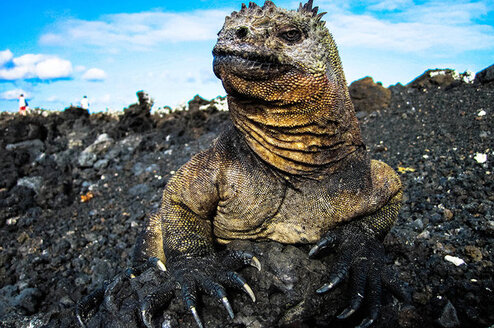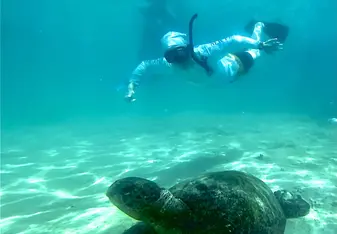
Intercultural Outreach Initiative (IOI)
Why choose Intercultural Outreach Initiative (IOI)?
Mission: To provide international education programs that support the education, conservation, and social development of isolated communities by assisting local institutions in sustainably handling the human-environmental intersection.
The location
Join us, on a once in a lifetime opportunity to practice conservation through education and social development in some of the most exotic and significant wild places on Earth. From the virgin shores of Cuba, to the cradle of evolution in the Galapagos; we offer up memories, like no other.
Website
www.ioi.ngoFounded
2006Diversity & Inclusion 💙
BIPOC Support
LGBTQIA+ Support
Neurodivergent Support
Accessibility Support
Impact 🌎
Sustainability
As an organization, we are working to maximally reduce our emissions in line with latest climate science. Rather than simply offsetting by “paying” for our pollution and continuing business as usual, we are balancing remaining residual emissions through carbon removal credits and “in-setting”—mitigating internally as an organization.
Our Net-Zero 2025 Strategy extends our current 2021 carbon-neutral initiative which inset all of our Scope 1 (direct) and 2 (indirect) emissions, and offset all our Scope 3 emissions. Scope 3 emissions “are the result of activities from assets not owned or controlled by the reporting organization, but that the organization indirectly impacts in its value chain” (EPA 2022).
IOI’s programmatic on-site emissions, Scopes 1 and 2, were inset through our own conservation efforts. Our Scope 3 emissions, mostly created by travel to our faculty-led study abroad programs and volunteering opportunities, will be mitigated through collaboration with external providers.
Our Net-Zero 2025 Strategy extends our current 2021 carbon-neutral initiative which inset all of our Scope 1 (direct) and 2 (indirect) emissions, and offset all our Scope 3 emissions. Scope 3 emissions “are the result of activities from assets not owned or controlled by the reporting organization, but that the organization indirectly impacts in its value chain” (EPA 2022).
IOI’s programmatic on-site emissions, Scopes 1 and 2, were inset through our own conservation efforts. Our Scope 3 emissions, mostly created by travel to our faculty-led study abroad programs and volunteering opportunities, will be mitigated through collaboration with external providers.
Ethical Impact
Our Mission
To provide international education programs that support the education, conservation, and social development of isolated communities by assisting local institutions in sustainably handling the human-environmental intersection.
What We Do
We strive to help establish ecological sustainability and social stability in our host communities by applying thoughtful assistance and expertise to local needs – financed by educational travel programs.
How We Do It
1. We offer volunteer opportunities in conservation, education, and social development, that provide our participants with life changing experiences, and our local partners with funding, expertise, and human power on site.
2. We offer study abroad programs in which students spend up to three months studying the local environment and learning the local culture.
3. We develop and implement outreach projects with local institutions that address pressing conservation, education, and social development needs via fundraising and grants.
To provide international education programs that support the education, conservation, and social development of isolated communities by assisting local institutions in sustainably handling the human-environmental intersection.
What We Do
We strive to help establish ecological sustainability and social stability in our host communities by applying thoughtful assistance and expertise to local needs – financed by educational travel programs.
How We Do It
1. We offer volunteer opportunities in conservation, education, and social development, that provide our participants with life changing experiences, and our local partners with funding, expertise, and human power on site.
2. We offer study abroad programs in which students spend up to three months studying the local environment and learning the local culture.
3. We develop and implement outreach projects with local institutions that address pressing conservation, education, and social development needs via fundraising and grants.
Reviews
Programs
Displaying 1 - 2 of 2
Alumni Interviews
These are in-depth Q&A sessions with verified alumni.
Staff Interviews
These are in-depth Q&A sessions with program leaders.
Professional Associations



